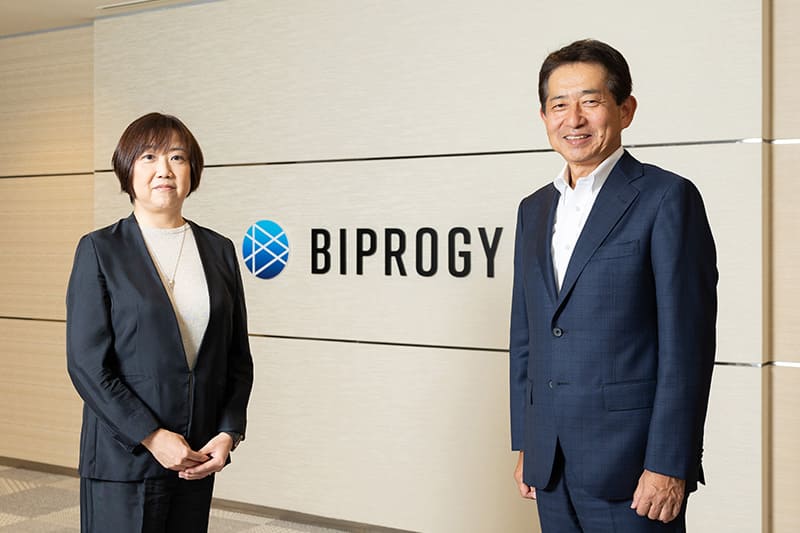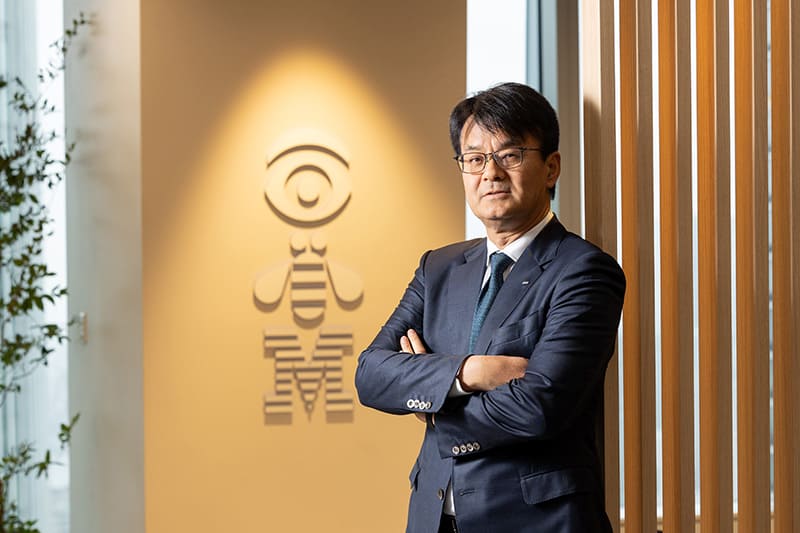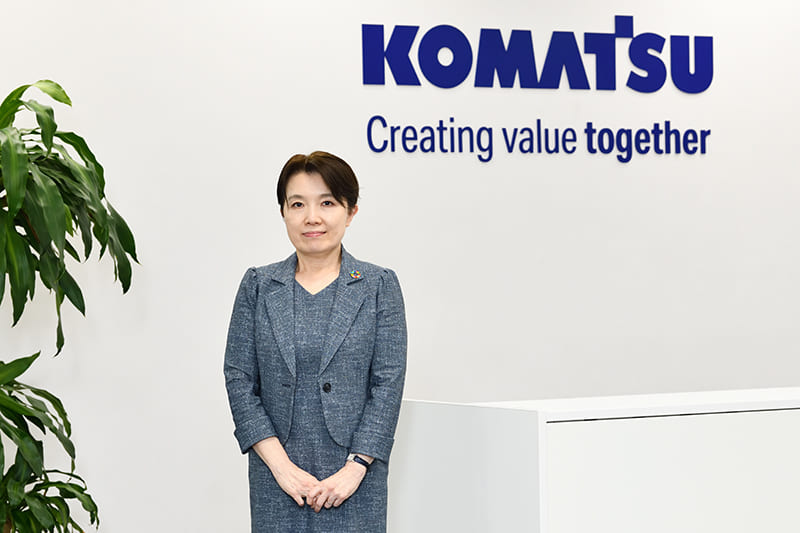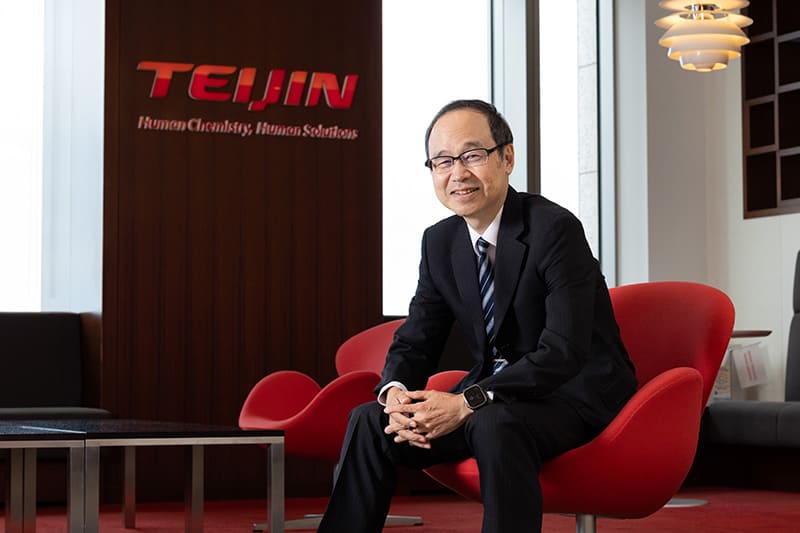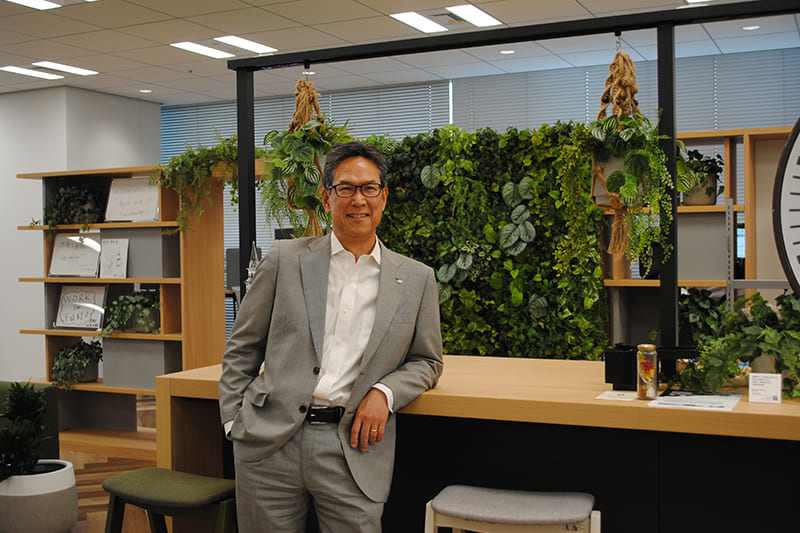April 07, 2025
Fujitsu crafts sustainable innovation for itself, society

It has been years since companies started creating and releasing purpose statements. But not all actually help their business, in part because leaders may not truly understand why they need one.
In Fujitsu Ltd.’s case, it plays the role of a compass out at sea. The information technology giant crafted its first purpose of why it is in business in 2020, when it was struggling to transform itself drastically.
“We determined to present externally and internally who we are, what kind of corporate values we have and what we are in business for,” said Hidenori Furuta, the non-executive chairman and a member of the board for Fujitsu, in a recent interview, part of a monthly series by Naonori Kimura, a partner for the consulting firm Industrial Growth Platform Inc.
The purpose, to “make the world more sustainable by building trust in society through innovation,” continues to be necessary for Fujitsu, a 90-year-old company with 120,000 employees worldwide that has gone through rises and falls, including a series of streamlining steps.
Based on this purpose, Takahito Tokita, who was appointed president in 2019, launched the Fujitsu Transformation, a project to reinforce digital competitiveness and reform the organization’s old-guard corporate culture.
Under the leadership of Tokita and Yuzuru Fukuda, a former SAP Japan Co. president who became Fujitsu’s chief information officer in April 2020, the company started to work on the project across various units and regions. By investing more than ¥100 billion ($680 million), it is accelerating its own digital transformation and aiming to apply the know-how gained from this in order to help solve social issues as a digital partner to its customers.
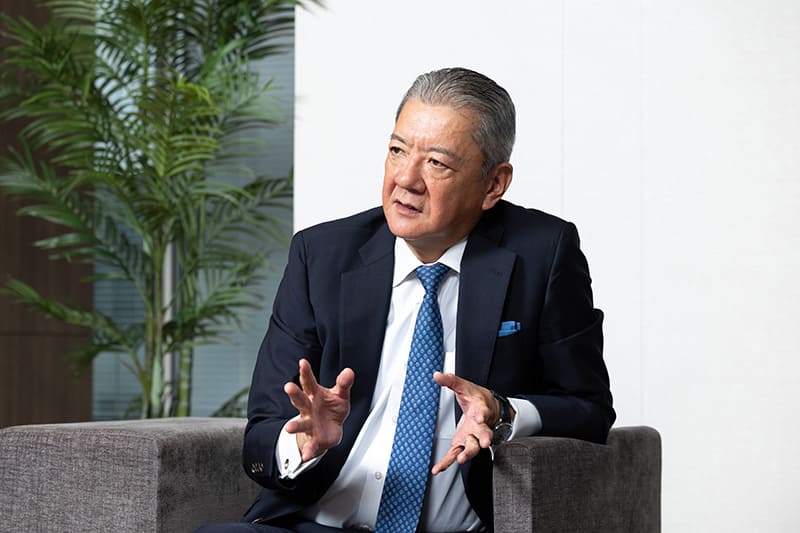
Furuta said the company’s need for transformation stemmed from a sense of crisis amid increasingly harsh global competition.
Established in 1935, Fujitsu grew during Japan’s boom years in the late 1980s and early 1990s. It ran a wide range of businesses — personal computers, supercomputers, digital devices including semiconductors, liquid crystal displays and mobile phones, and solution services centering on system integration. Above all, Fujitsu was one of the world’s top 10 chipmakers in the early 1990s, along with other Japanese electronics giants. But they gradually lost ground. Fujitsu withdrew from the fiercely competitive display market in the 2000s and had divested all of its semiconductor stakes by 2019. It faced further problems, including a technical glitch in 2020 when the IT firm caused a suspension in trading at the Tokyo Stock Exchange.
The corporate purpose, called simply “Our Purpose,” is the base of the Fujitsu Way, the company’s revised corporate philosophy. The Fujitsu Way outlines “Our Values” — “Aspiration,” “Trust” and “Empathy” — and a code of conduct.
To reinforce its efforts toward realizing the purpose, Fujitsu last year unveiled a new vision for 2030: “become a technology company that realizes net positive through digital services.” It also released a medium-term management plan for the 2023 to 2025 business years to envisage what it will achieve by 2030 and beyond. The new vision reflects the technology company’s determination to have positive impacts on society and the environment.
“Business often creates negative financial or nonfinancial costs. But we can make it net positive by doing digital service business for society, for example by solving climate-change and carbon-emission issues,” Furuta said.
To that end, Fujitsu needs to make further efforts, using data not only from itself but also from its business partners, Furuta said. The company is also studying how to correlate financial figures with nonfinancial data. “In that sense, what we aim to do is not only technological development, but creation of an ecosystem” driven by data, he said.
The company’s main initiatives in its midterm plan include transforming its business model and portfolio, ensuring reliable support for customers’ modernization and improving the profitability of its international business — it has set an aggressive financial target of ¥500 billion in adjusted operating profit on ¥4.2 trillion of revenue for the 2025 business year, compared to a profit of ¥283.6 billion on ¥3.8 trillion in revenue in 2023.
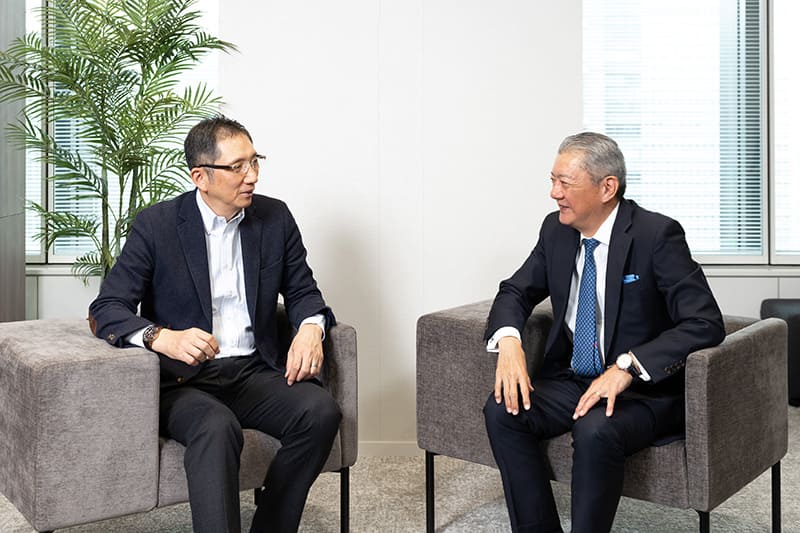
There are two major steps for driving Fujitsu’s business closer to its vision. One is to provide services with Fujitsu Uvance, a business model based on a digital platform with technologies such as generative artificial intelligence and blockchains. The other is to promote the modernization of customers’ digital environments.
Fujitsu has also improved the management of its human capital. Furuta said the reform started by updating its traditional Japanese-style human resource management to the global standard, for instance by reviewing the seniority system, introducing internal job posting and hiring based on job description, and dropping a bad habit of never rehiring people who had quit the company.
“Each member of the company sets their own purpose, promotes self-development and forms their own career path and goals. The self-supporting way is what everyone does in other countries,” Furuta said, adding that employees often tend to be too passive, waiting for the company to do something for them.
To drive all the reforms, the company has built up its corporate governance. Five out of the nine directors of the board are independent outside directors, chosen for a range of expertise. In January, the Japan Association of Corporate Directors gave Fujitsu its grand prize in the Corporate Governance of the Year 2024 awards.
For the future, what the company needs to do is to gain resilience amid growing global uncertainty. “It may be extremely hard to be sustainable in the future, considering what could happen geopolitically,” Furuta said. “So we have to get ready to grow with digital services by becoming responsive to potential future changes.”
Naonori Kimura
Industrial Growth Platform Inc. (IGPI) Partner
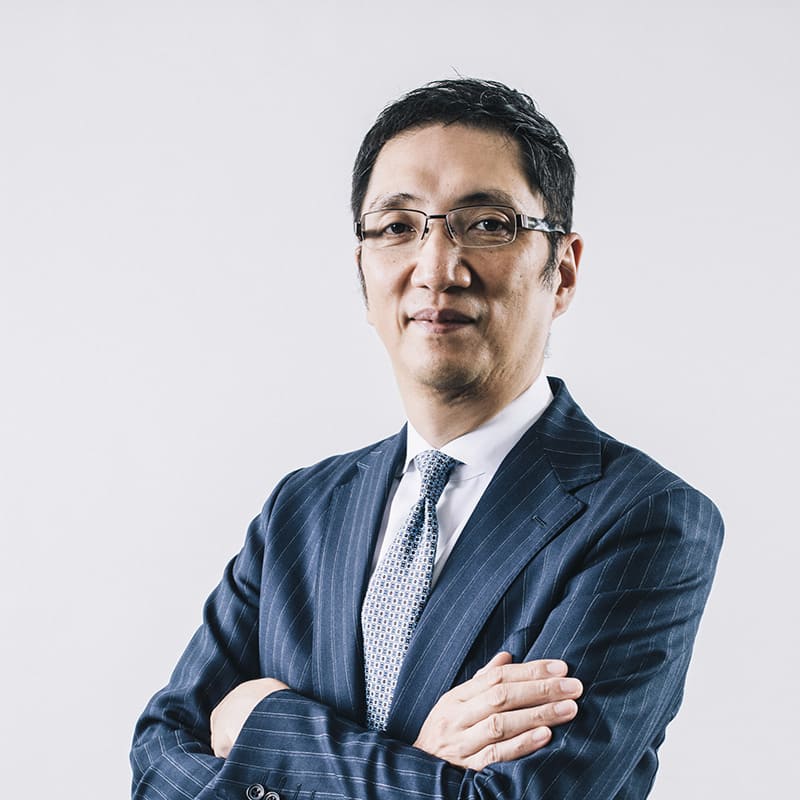
Balancing economic and technological development with social sustainability requires data-driven analysis and accurate decision-making from a multistakeholder perspective. Fujitsu, as one of the world’s leading technology companies, plays a crucial role by delivering solution services. This commitment is clearly reflected in the 2020 revision of the Fujitsu Way.
In particular, Fujitsu identifies climate change and achieving carbon neutrality as the most important issue for both the company and its stakeholders. Companies face a dilemma in creating both short-term profits and long-term, sustainable contributions to the planet. Overcoming this challenge is a major issue for corporate activities in a capitalist economy. Fujitsu also continues to evolve into a resilient and competitive company under a global governance structure. Especially in its efforts to achieve the “net positive” vision set for 2030, its stance on achieving advanced integration of financial and nonfinancial aspects is impressive.
Strengthening trust from the market and society through transformation and forming an ecosystem centered on Fujitsu’s solutions, represented by Fujitsu Uvance, will help create a world where sustainability-based management is the norm. We eagerly anticipate a future where Fujitsu’s purpose of “making the world more sustainable” comes to fruition.

